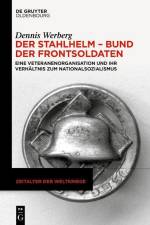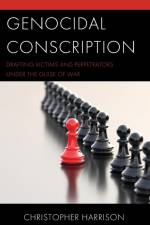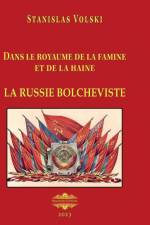von Yuki Tanaka
102,95 €
Numerous books on the topic of the atomic bombing of Hiroshima and Nagasaki have been published hitherto. Yet, no one has written about the fire and atomic bombings in the context of the U.S. justification of the crime of indiscriminate bombings and its relationship to Japan¿s political exploitation of the atomic bombing to cover up Hirohitös war responsibility. Further, no one has analyzed the fundamental contradiction in Japan¿s peace constitution between the concealment of Hirohitös war crimes and the responsibility of the U.S. Readers will learn how Japanese and U.S. official war memories were crafted to justify their respective wartime performances, exposing the flaws and failing of present-day democracy in Japan and the U.S. This book also explores how Japanese people could potentially create a truly powerful cultural memory of war, utilizing various forms of artwork including Japan¿s traditional performing art, Noh. It should appeal to many readers¿historians (both modern American and Japanese history specialists), constitutional scholars, students, peace and anti-nuclear activists, intellectuals as well as general readers.¿Japanese historian Yuki Tanaka presents here his life work on the grand subjects of Japanese war responsibility, the US-Japan relationship, US and Japanese war crimes and the emperor system. Matching meticulous archival research with personal and political advocacy, he concludes by calling upon Japanese and American civil society to confront the present-day Japanese state and inter-state system as a fundamentally flawed, seven-decade long design of obfuscation, concealment, and manipulation. It is also, he argues, increasingly precarious. Tanakäs radical, wide-ranging thesis deserves to be read.¿¿Gavan McCormack, Emeritus Professor, Australian National University¿This fascinating book caps decades of careful thinking about why nominally democratic Japan seems so undemocratic and so trapped in self-destructive foreign policies today. The author zeros in on postwar Japanese and American government collaborations to explain this phenomenon, including joint evasion of responsibility for bombing civilians during World War II, when, ironically, they themselves were bitter enemies. This is a genuinely thought-provoking contribution with many arresting observations based on little-known research about such topics as the emperor¿s place in the postwar Japanese political system, the 1945 surrender decision, Japan¿s history of empire, and the politics of nuclear weapons in postwar Japan.¿¿Laura Hein, the Harold H. and Virginia Anderson Professor of History, Northwestern University, USA






























